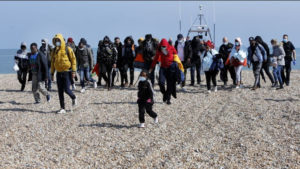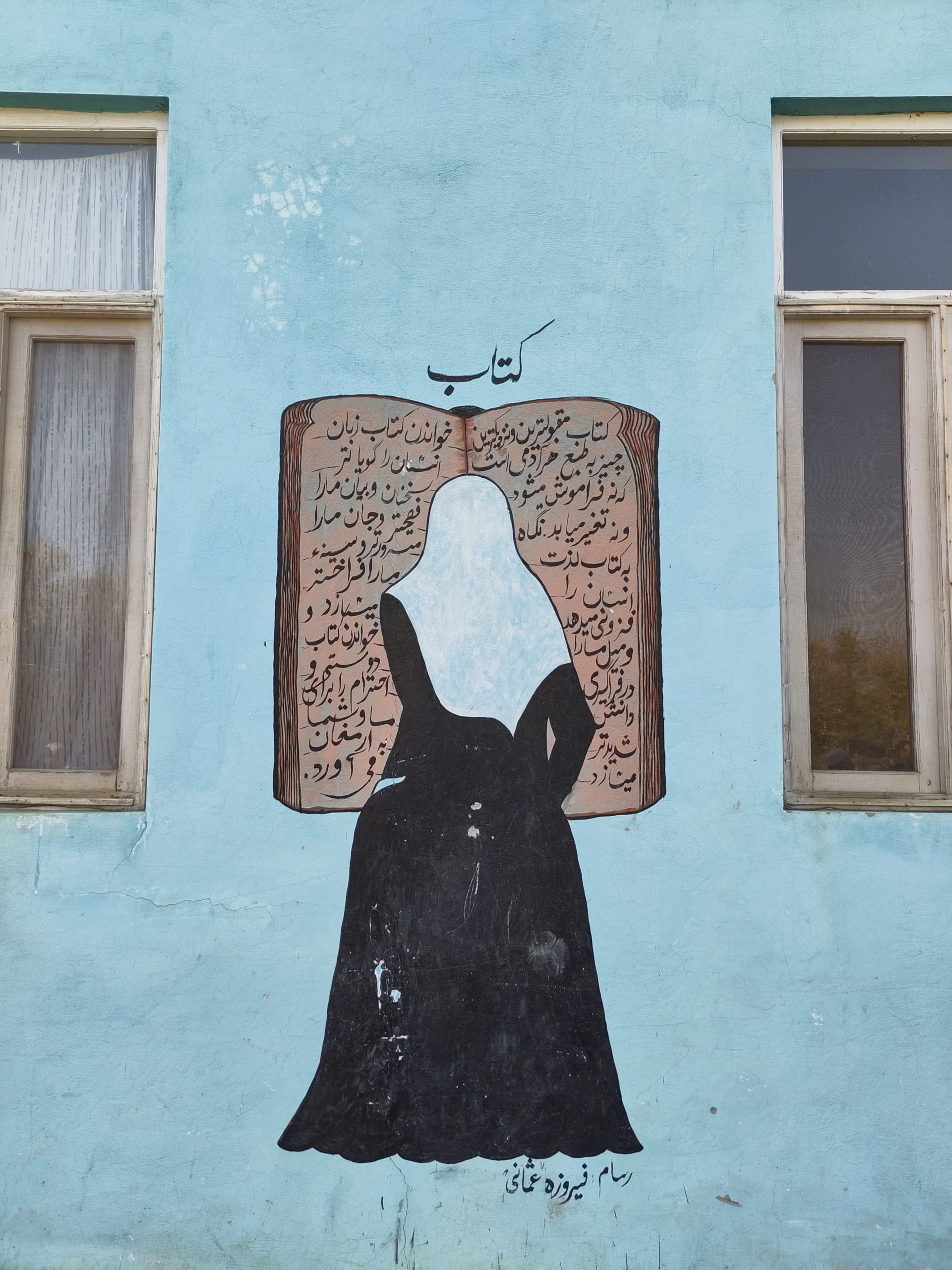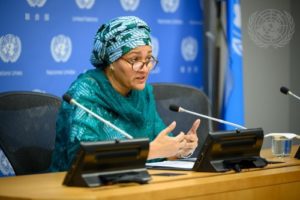As mentioned in the last UAI Update, preliminary work on the establishment of an IHW is continuing. Thanks to the support and a small amount of funding from the University of Edinburgh, a scoping and mapping study of programmes and activities relevant to the work of UAI was completed in June. The study, conducted by Ann Wagner a recent PhD from Edinburgh University, looks in particular at existing mechanisms for tracking war-related civilian casualties and other patterns of harm. Her work, including her analysis of challenges of data collection in the Syria crisis, has informed internal discussions in the UAI team on the next steps to bring IHW into existence.
Given our current paucity of funds, we have decided to proceed with an incremental approach and start with three small project proposals which are now being shared with potential donors.
The first project seeks to continue the methodological work to identify – building on existing knowledge and methods – appropriate and ethical methods for collecting, analysing and disseminating data on harm inflicted on civilians taking into account their own priority concerns. Given the existence of different methodologies for collecting data on civilian harm, this will include collaboration with relevant academic and research institutions as well as with individuals with frontline research experience on measuring the impact of war on civilians. It will also involve an investigation of opportunities for securing better comparability of data from diverse sources and methodologies. At the same time, UAI plans to establish an Advisory Panel to inform the development of the IHW as well as extending its range of partnerships.
In addition, two small country research projects will be launched to build on available insights and analysis, and form a basis for further IHW development. One will deal with lessons learnt from the experience of collecting data on the impact of war on civilians in and outside Afghanistan. The study will look at the sources, dynamics and real-life consequences of harm that are of priority concern to Afghans. It will assess what can be learnt from consistent data collection and analysis on the impact of war on civilians and lessons for application in other crisis settings. It will also look at the implications of policies in refugee hosting and asylum countries for Afghans obliged to flee their homes in search of safe refuge.
The other research project will focus on a current crisis, probably in Africa. It will examine the challenges confronting civilians, including a contextual analysis of the dynamics driving the crisis in order to reach an improved understanding of the selected crisis setting from the perspective of those most affected.
Drawing: ©War Zone Sign












